Cat Burns on autism, ADHD and a lack of research
- Published

Cat Burns said her "whole life just makes sense" after her autism diagnosis
If you're a Cat Burns fan, you'll know her lyrics are honest.
It's something she wants to extend to her personal life too - which is why she's opened up about her recent ADHD and autism spectrum disorder (ASD) diagnosis.
The singer tells BBC Newsbeat the diagnosis has left her with a better understanding of herself, saying life now "makes sense".
But like lots of people, Cat's route to being diagnosed wasn't straightforward and she's sharing her story in the hope it helps others.
In 2021, the 23-year-old was told she had ADHD and then in April this year she tweeted to say she had also been diagnosed with ASD.
In the days after her ADHD diagnosis, Cat says she did a lot of reflecting on life leading up to it.
"It was non-stop, thinking about experiences in school like revising and studying and all the other things I struggled with daily," she says.
ADHD affects people's behaviour, resulting in symptoms like restlessness and trouble concentrating.
Although Cat's diagnosis was one step further to understanding herself, she still felt her brain was "different".
"I knew I had ADHD but I still felt there was a difference in my brain that I wanted to understand and explore.
"So once I got my autism diagnosis that helped me understand myself and just how much I've had to do in order to get to where I am."
Allow X content?
This article contains content provided by X. We ask for your permission before anything is loaded, as they may be using cookies and other technologies. You may want to read X’s cookie policy, external and privacy policy, external before accepting. To view this content choose ‘accept and continue’.
Cat believes her road to diagnosis was harder because she's a woman and person of colour.
"I think it comes from the research that's out there and the idea lots believe women can't have autism, and then on top of that adults can't have autism," she says.
"It [research] needs to be across the board, but especially with women and black women."
Like most conditions, there are lists of symptoms for ADHD and ASD but Cat says they'll present differently depending on who you are.
One sign of autism is fidgeting, but, she points out, how a black woman fidgets will be different to a white man for example.
"I guess being a black woman, there's certain experiences we have that people won't be able to pick up on.
"For a black girl, it could be taking out her braids and putting them back in or something else to do with her culture that's overlooked."
Another way autism can manifest is a feeling of being overwhelmed when exposed to bright lights or loud noises.
You might think that would make performing difficult, but that's when Cat goes into "auto-pilot".
Although it was a song on TikTok that launched her career, she says performing is her bread and butter and the thing she enjoys those most.
The People Pleaser singer spoke to Newsbeat from the dressing room of London's iconic Jazz Café ahead of a gig.
She was there raising awareness for grassroots venues struggling with the cost of living for one of 150 gigs as part of the United By Music Tour.

Cat performed at this year's Brit Awards where she was nominated for Rising Star, Best Pop/R&B Act and Song of the Year
According to the Music Venues Trust, which is behind the tour, 49 venues have closed within the last 12 months.
For Cat, that's a worrying prospect for the UK's music scene.
"There's an idea of up-and-coming artists that's incorrect," she says.
"We struggle financially when working out how we'll be able to go on tour and that's why it's so important to have these grassroot venues available for us to perform at."
Cat's used to big stages now, having performed at Glastonbury and the Brit Awards.
But reflecting on her own journey, she remembers being 16 and doing everything she could to get her first gig.
"Small venues are so needed. I remember emailing loads just asking them to let me perform so I could get used to being on stage.
"My first gig was at Off The Cuff in Herne Hill, which was my local. I learned so much and to this day it's still one of my favourite performances."


Follow Newsbeat on Twitter, external and YouTube, external.
Listen to Newsbeat live at 12:45 and 17:45 weekdays - or listen back here.
Related topics
- Published31 May 2023
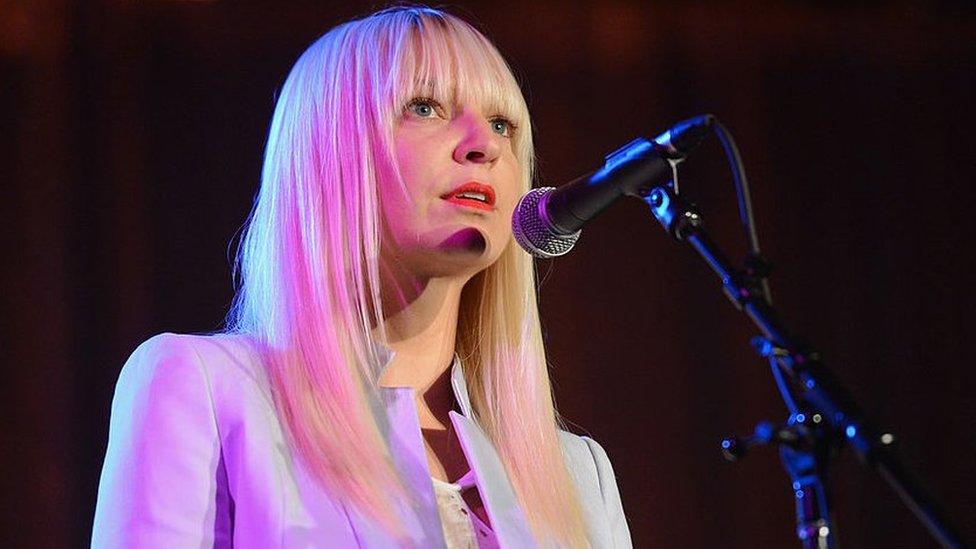
- Published24 May 2023
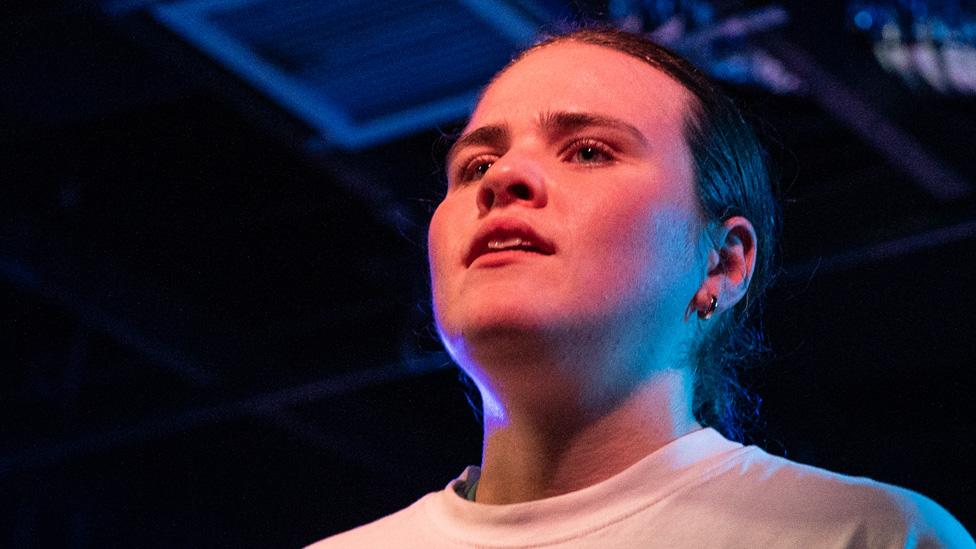
- Published30 March 2023
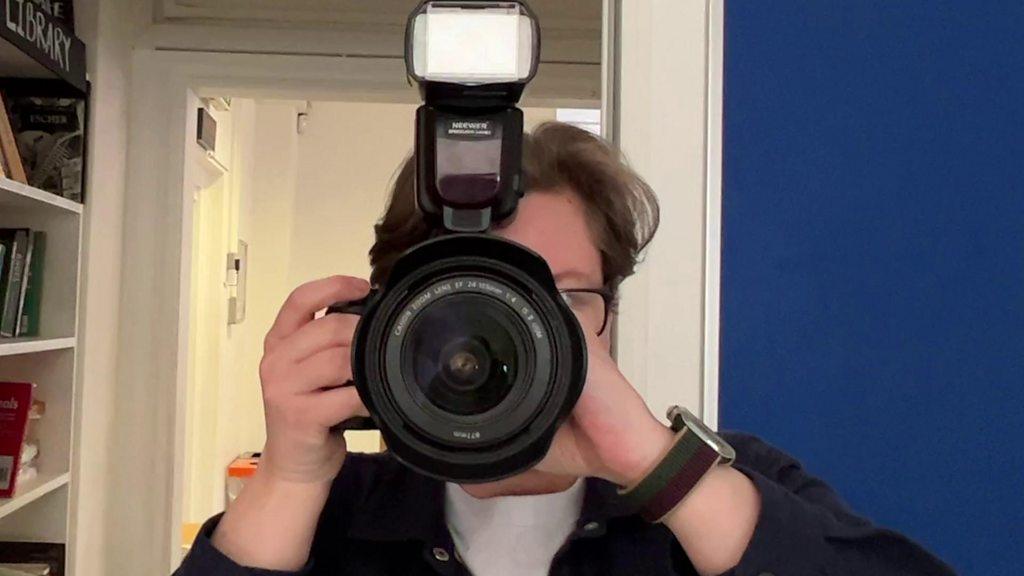
- Published22 January 2023
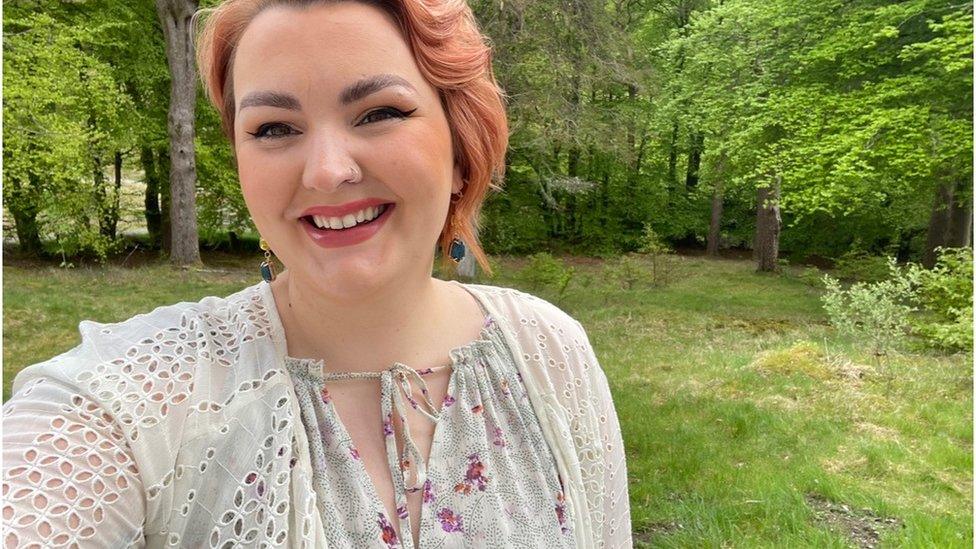
- Published2 January 2023
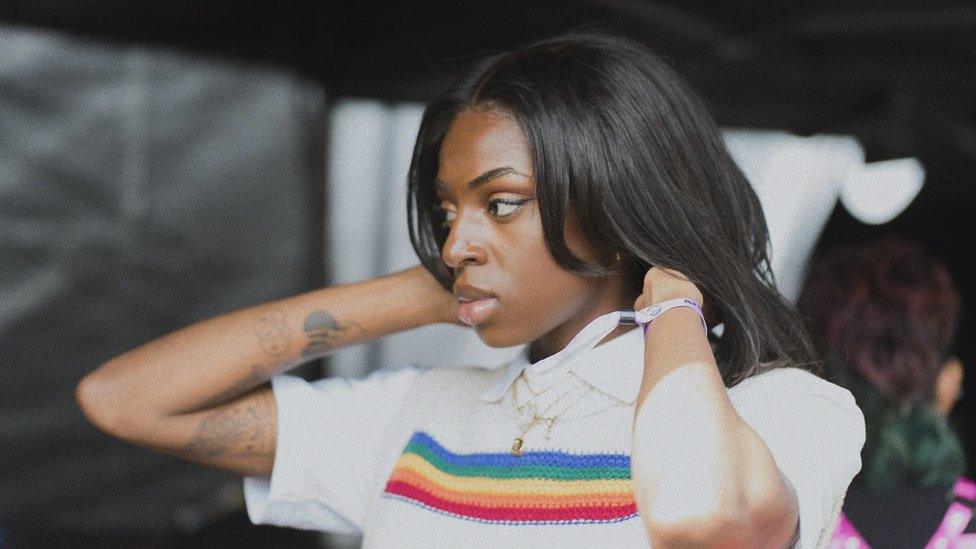
- Published29 November 2022
